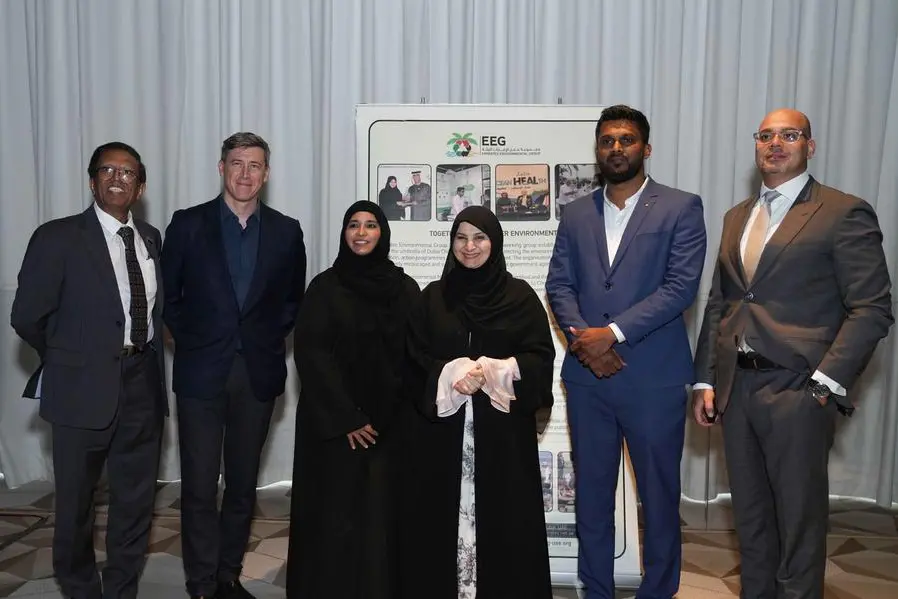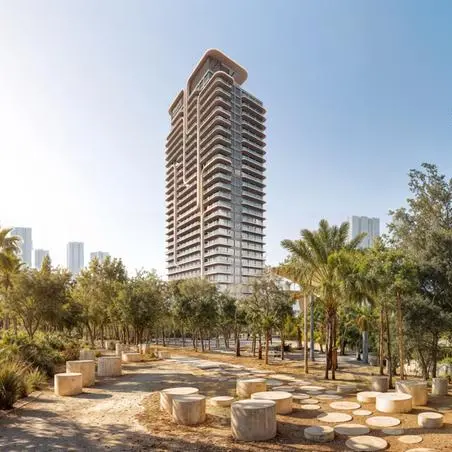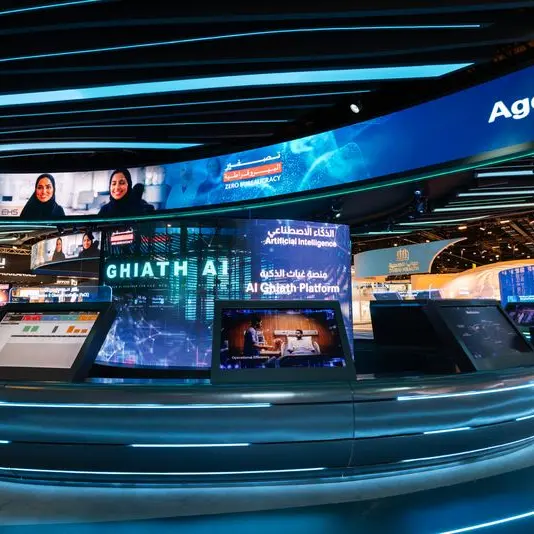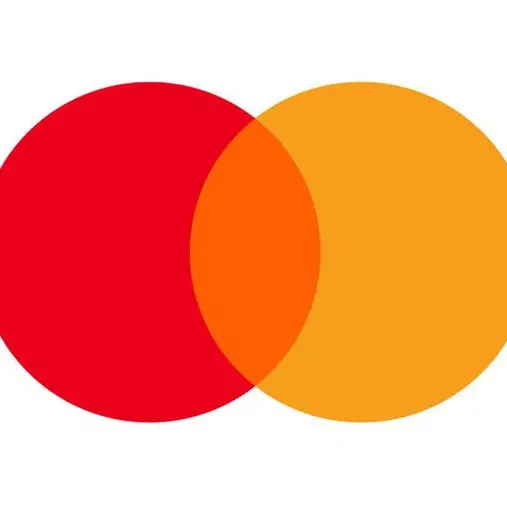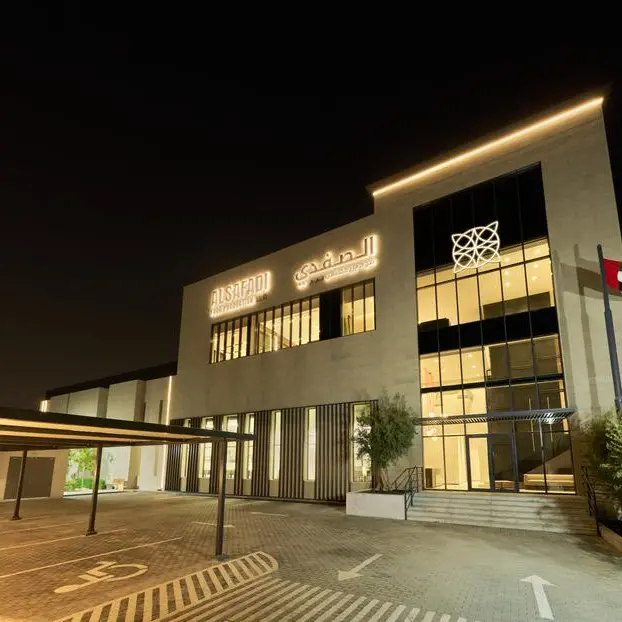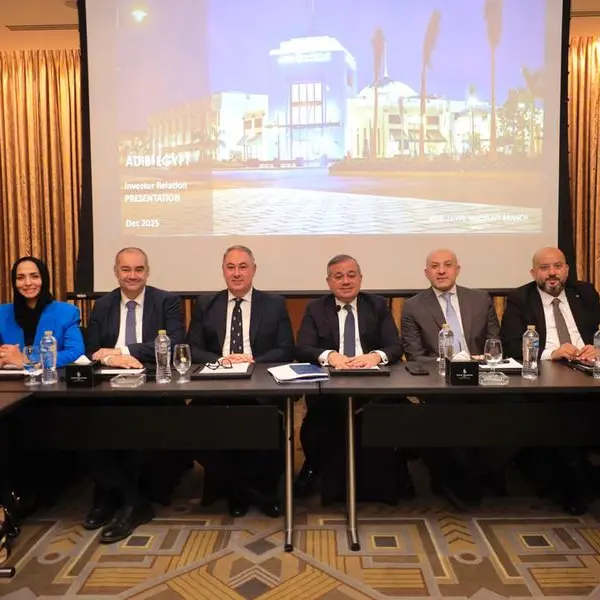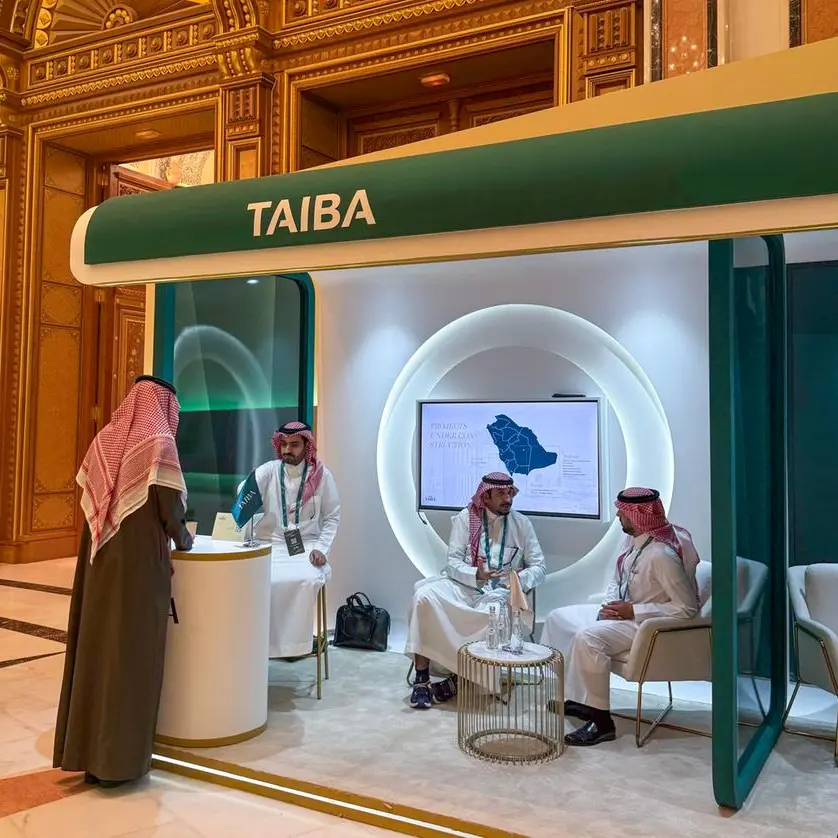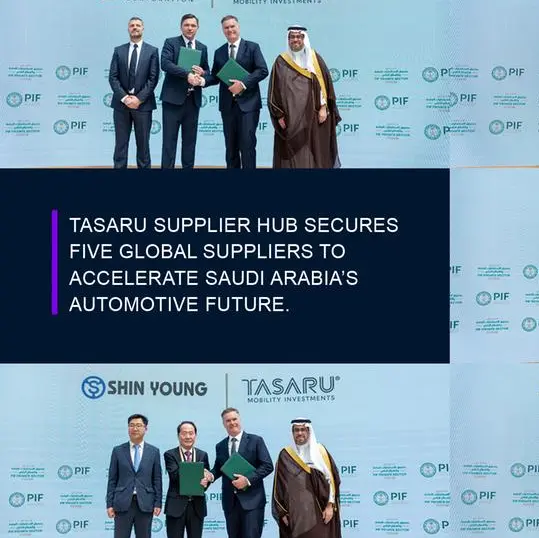PHOTO
Emirates Environmental Group held its 4th panel discussion of 2024 on 27 August at the Five Palm Jumeirah Hotel, Dubai under the title “Indeterminably Rising Buildings: Addressing the Widening Net Zero Emissions”. The discussion highlighted the role of the built environment on global emissions.
The panellists discussed and brought in diverse perspectives on the topic including the technological advancements that pave the way for zero-emission skyscrapers, the challenges associated with implementing zero-energy solutions in high-rise buildings, as well as discussing the economic impact of investing in zero energy buildings, in an attempt to assess the extent to which reshaping the urban landscape contribute to achieving broader sustainability goals.
In her speech during the panel discussion, Ms. Habiba Al Mar’ashi, Co-Founder and Chairperson of the Emirates Environmental Group, said that as our urban landscapes evolve at an unprecedented pace, skyscrapers are reaching new heights, reflecting the growing ambitions of communities around the world. At the same time, governments and companies have pledged to achieve net-zero emission targets, a commitment that is gaining urgency with each passing day. As our cities grow and our skylines stretch ever higher, we find ourselves at a critical juncture, where architectural ambitions need to harmonise with environmental stewardship. The phenomenon of soaring buildings represents both a triumph of human ingenuity and a significant challenge for sustainable development.
She added that the panel discussion aims to discuss the challenges and solutions at the intersection of high-rise urban development and the imperative of sustainability, as the continued rise of skyscrapers in urban areas reflects the growing aspirations of communities around the world. However, amidst this vertical boom, a crucial question looms: How can we reconcile the two?
She pointed out that recent research emphasises the urgent need to address the environmental impact of buildings, which are responsible for about 40% of global emissions, as a study conducted by Johnson Controls emphasises the role of decarbonising the built environment, identifying it as one of the fastest paths to achieving net-zero globally.
She stressed that to achieve significant strides in reducing carbon globally, we must turn our attention to the tall structures that define modern horizons, noting that the benefits of high-rise buildings that prioritise the comfort and well-being of residents through advanced ventilation systems, indoor air quality and natural lighting, need to be net zero during its life cycle.
The discussion brought together 5 renowned expert panellists including:
- Mr. Haithem Ibraheem – Vice President of Operations, Brookfield Properties
- Mr. Sarfraz Dairkee – GM of Corporate Development and Engineering, M.A.H.Y. Khoory& Co
- Dr. Thanveer Hussain – Managing Director, Hansa Energy Solutions
- Mr. Jason Carlow – Associate Professor and Head of Department of Architecture, American University of Sharjah
- Ms. Muna Al Nahdi – Head of Sustainability and Consultancy, Farnek
The speakers shared valuable knowledge at the discussion and concluded with a dynamic interactive Q & A session where the speakers and members of the audience actively engaged in critical and challenging discussion. The members of the audience included key stakeholders from public, private, academic sector, media, and students.
Discussions revolved around the current contribution of high-rise buildings to global emissions, why decarbonisation is crucial to achieving climate neutrality goals, how technological innovations such as photovoltaic glass and smart building management and whether systems contribute to making skyscrapers more energy efficient and sustainable and many more interesting aspects.
As a UNEP & UNCCD accredited NGO, EEG designed, developed and executed the panel discussion to address several of the United Nations Sustainable Development Goals, including SDG #3 Good Health and Well-being, SDG #4 Quality Education, SDG #6 Clean Water and Sanitation, SDG #7 Affordable and Clean Energy, SDG #8 Decent Work and Economic Growth, SDG #9 Industry, Innovation and Infrastructure, SDG #11 Sustainable Cities and Communities, SDG #12 Responsible Consumption & Production, SDG #13 Climate Action and SDG #17 Partnership for the Goals.
At the end of the programme, EEG announced that its 5th and final Panel Discussion for this year will be held on 24th October under the title “Packaging Innovation: Influence on Environment & Health”.
As is customary, EEG concluded the event with a recognition segment for the new corporate members who have joined the organisation in the previous month, the host hotel, and the speakers. EEG extends its gratitude to all attendees and stakeholders for their active participation including its CSR partner, the “Arabia CSR Network” and other supporting entities: the Clean Energy Business Council, Emirates Green Building Council and Swiss Business Council.
